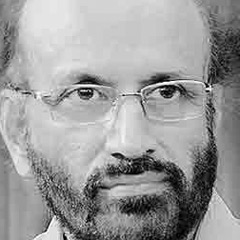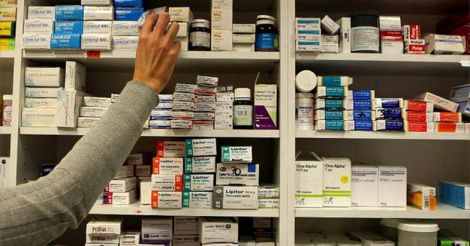The Central government ban on 350 fixed-dose combination (FDC) drugs is a welcome move. FDC medicines do not come under the drug price control regime, and hence it helps pharmaceutical firms to irrationally price them.
An FDC drug is two or more drugs in a fixed ratio of doses, available in a single dosage form. Besides high prices, such drugs pose a threat to health also.
The reaction that such combinations trigger may cause serious side effects on humans. The dosage of each drug contained in such combinations could not be separately decided or controlled. In case of a reaction in the human body, it becomes difficult to find which specific drug had caused it.
Also check: List of Fixed Combination Drugs banned by the Ministry of Health and Family Welfare, Govt of India
The human body does not absorb all drugs simultaneously; they are absorbed separately. FDCs often combine different drugs—including those that were to be taken before or after food and those taken at different times of the day—together. Several doctors prescribe FDCs without knowing the combination drugs.
The World Health Organisation’s list of essential medicines contain only very few—below a dozen—FDCs. However, more than 300 unjustifiable and unscientific FDCs were sold in the market under different brand names. Such FDCs would form 40 per cent of the drug market.
Most such FDCs are over-the-counter painkillers. There are 1,399 brands selling combinations of Nimesulide and Diclofenac, 176 combinations of Nimesulide and Drotraverine, and 170 brands of Gabapentin and Mecobalamin available in the market. When the combination of B1, B6, B12 was found unscientific and banned, a few companies marketed them after adding vitamin C and folic acid to the mix.
The Central Drug Controller issues marketing licence for drugs, which is outside the purview of state drug controllers. But the latter issued licences indiscriminately to manufacture ingredients of drugs approved by the Central authority, leading to an increase of such ingredients in the Indian market.
The government should list the banned drugs online and ensure that it reaches the physicians. The doctors should avoid prescribing FDCs except while treating diseases such as tuberculosis, AIDS, etc. Even in such cases, only WHO-approved drugs should be prescribed.
Prescribing medicines by their generic names will help in avoiding FDCs. Those doubting the quality of medicines they prescribe may also add the brand name of the company they prefer along with the generic names. In such cases, doctors should be careful to avoid expensive brands and prescribe them without other interests.


























Disclaimer
The comments posted here/below/in the given space are not on behalf of Manorama. The person posting the comment will be in sole ownership of its responsibility. According to the central government's IT rules, obscene or offensive statement made against a person, religion, community or nation is a punishable offense, and legal action would be taken against people who indulge in such activities.